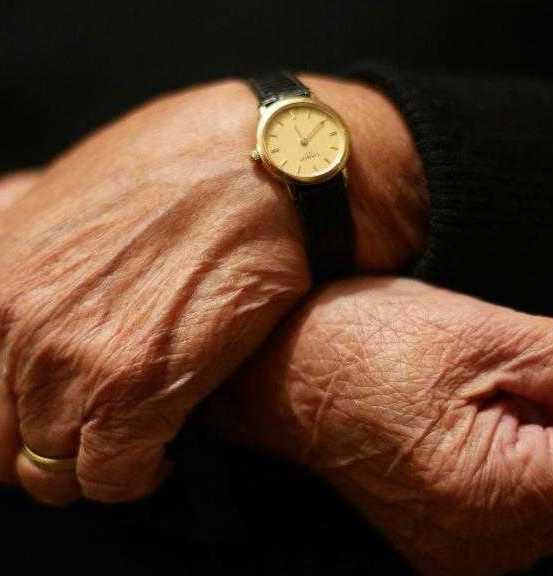60 is the new middle age claims report as live expectancy rises
People may need to rethink what they believe is old as researchers have suggested that 60 is the new middle age. The claim is made by Dr Sergei Scherbov, the world population programme deputy director at the International Institute for Applied Systems Analysis in Austria, who worked on a study of future population projections for Europe up to the year 2050. The study, led by Professor Warren Sanderson, of Stony Brook University in the United States, notes that if old age is fixed at a certain point, the proportion of old people will rise because of increasing life expectancy. If the threshold for being old is moved to take into account longer lives, the proportion of old people actually falls over time.
What we think of as old has changed over time, and it will need to continue changing in the future as people live longer, healthier lives.
Dr Sergei Scherbov, International Institute for Applied Systems Analysis in Austria
He said “someone who is 60 years-old today, I would argue is middle aged”, and added that 200 years ago, a 60-year-old would be a very old person. With people living longer, healthier lives, age should not just be a number we reach but a reflection of the life we lead, according to the study. It looked at different rates of increase for life expectancy, from no increase to an increase of about 1.4 years per decade.
Retirement is no longer a cliff edge decision where we stop working purely because we’ve celebrated a birthday.
Lisa Harris, head of communications at Saga

Health 60 middle age